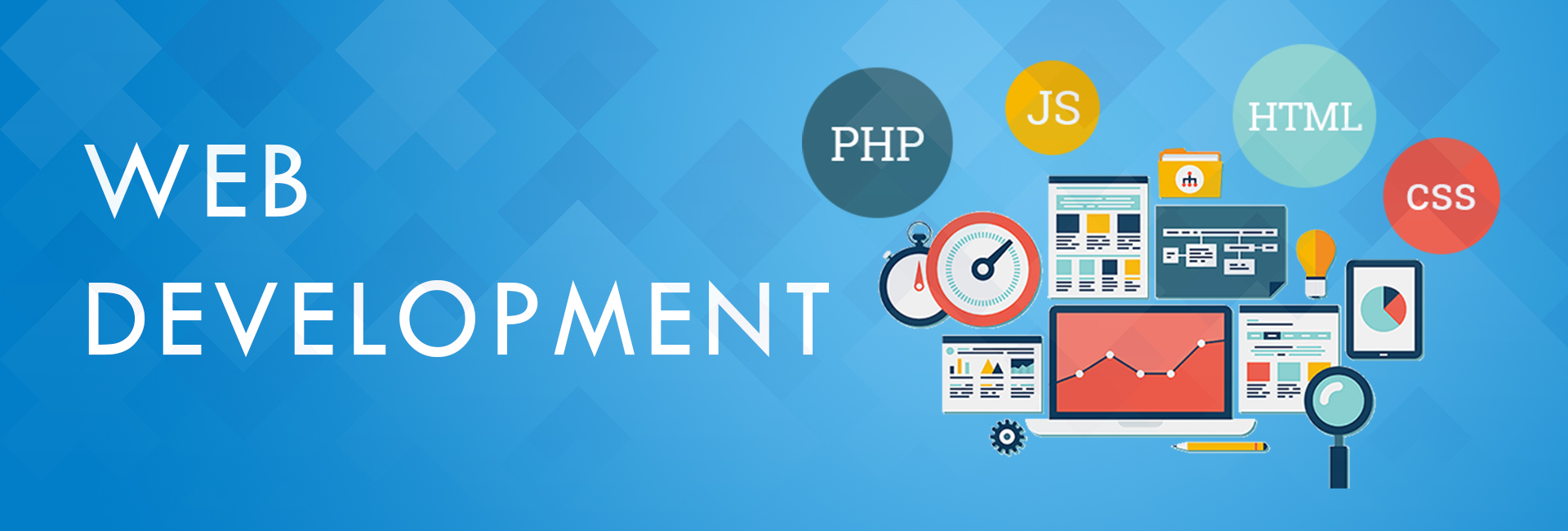Eid is meant to bring together the community to celebrate its devotion to God and the experience of Islamic spirituality.
WHAT IS EID AL-FITR?
Eid al-Fitr marks the official end of the month of Ramadan and with it, daily fasting.
Eid al-Fitr begins after sunset on the last day of Ramadan and is marked by the giving of Zakat al-Fitr, which is given to the needy in order to help them celebrate Eid along with the rest of the Muslim community.
Muslims first commemorate the holiday by gathering for Eid prayer the following morning after taking a cleansing shower and donning their finest clothes and scents.
Eid prayer is similar to the Friday jummah prayer in that it consists of a 2 rakat prayer and a khutbah given by an imam, though one major difference is that the prayer is given before the khutbah rather than after.
After the khutbah has finished, community members exchange greetings of Eid Mubarak (blessed Eid) and gather and celebrate with their friends and loved ones for the following three days.
WHY IS EID AL-FITR IMPORTANT?
Eid al-Fitr is a time for the Muslim ummah to celebrate a month’s worth of dedicated worship.
It takes a great deal of devotion and discipline for Muslims young and old to refrain from eating, drinking, and committing both major and minor sins during daylight hours.
Through the fast of Ramadan, Muslims are tested on the mental, physical, and spiritual levels all while performing their duties towards their families, jobs, and social circles.
Eid is meant to recognize this tremendous effort and bring together the community to celebrate its devotion to God and the experience of Islamic spirituality.
Also, through giving Zakat al-Fitr and feasting on the food they are blessed to have on Eid, Muslims are reminded to be grateful to be of those with the means to do so. They are encouraged to remember what is taken for granted every day and to continue sharing their blessings with others.


